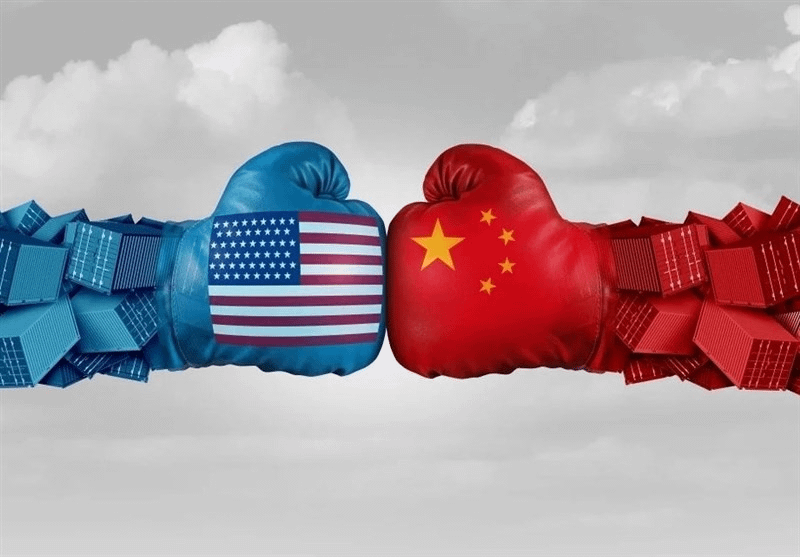The Intention vs. the Reality
In 2018, the Trump administration imposed heavy tariffs on Chinese goods, claiming it would fix trade imbalances. However, instead of hurting China’s economy, the move backfired—American farmers paid the price.
China retaliated with 25% tariffs on U.S. agricultural products, including soybeans, pork, and corn. Overnight, exports to one of America’s biggest markets collapsed. Ironically, many affected farmers were Trump’s loyal voters.
Plummeting Exports, Rising Struggles
China is the world’s top importer of agricultural goods, and U.S. farmers heavily relied on this market. The trade war caused:
- Soybeans: Exports dropped from 12billionin2017tojust12 billion in 2017 to just 12billionin2017tojust3 billion in 2018.
- Pork: Sales to China fell by nearly 50%, hitting hog farmers hard.
- Corn: Prices crashed as stockpiles grew, squeezing profits.
Many farmers, already struggling with climate change and debt, faced bankruptcy.
Farm Subsidies: A Temporary Fix
To ease the pain, the Trump administration rolled out $28 billion in aid. But subsidies came with problems:
- Insufficient Relief: Payments didn’t cover full losses, leaving small farms in crisis.
- Market Distortion: Long-term subsidies weaken competitiveness, making farmers dependent on government help.
- Political Tool? Critics argued the aid was more about securing votes than solving economic issues.
Long-Term Damage: Lost Trust & Market Share
The trade war’s impact goes beyond short-term losses:
- China Diversified Suppliers: Brazil and Argentina filled the gap, possibly permanently reducing U.S. market share.
- Supply Chain Shifts: China is accelerating efforts to reduce reliance on U.S. agriculture.
- Political Fallout: While many farmers still support Trump, the financial pain could influence future elections.
Conclusion: No Winners in a Trade War
Trump’s trade war hurt the very people it was supposed to help. Subsidies can’t fix broken trust or restore lost markets.
Moving forward, U.S. farmers need stable trade policies, not political gambles that leave them holding the bill.































